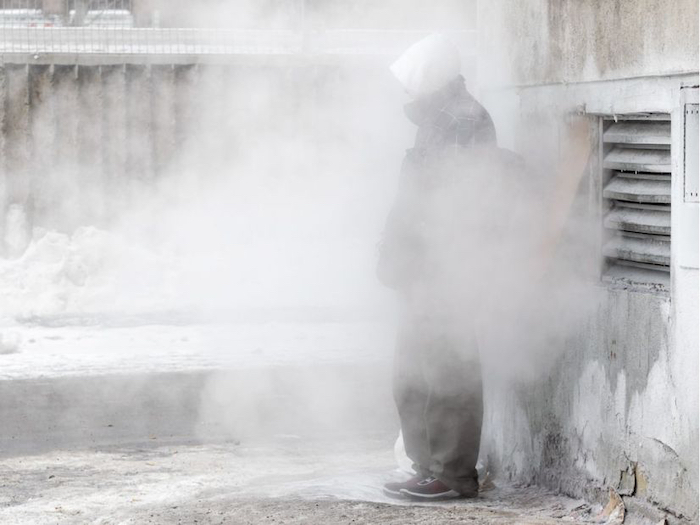The month of November is often the time that Montreal gets painfully, unbearably cold. Suddenly, a five-minute walk to campus feels like a frigid expedition, a treacherous hike through white, icy streets. While this expedition may be momentarily uncomfortable to students, others call Montreal’s streets home throughout the winter.
Montreal’s homelessness crisis is multifaceted and there are thousands of Montrealers suffering insecure housing situations. Despite a 2015 report indicating that there were 3,000 to 3,500 homeless people in Montreal, the number might be significantly larger, as it fails to recognize the ‘hidden homeless’. The hidden homeless are those who temporarily have no fixed address and are potentially couchsurfing or living in their cars. These experiences are not always represented in official reports, impeding their ability to access the help that they require.
While some can’t access the help that they need, others can’t find the right kind of help. Meeting the needs of the homeless cannot accommodate a one-size-fits-all approach. Like everyone else, their hardships are heterogeneous and can’t be understood at a glance. While dealing with the gruelling hardships of hunger, cold, and uncertainty, Montreal’s homeless people also carry the weight of racial, gendered, ageist, and ableist discrimination. Likewise, homelessness and mental health have a nuanced relationship. With a reported 20–25 per cent of the Canadian homeless population suffering from severe mental illness, it is imperative to offer specialized support.
According to a paper published by Columbia University, having a stable and secure place to live is a key determinant of health. Mental health and homelessness cannot be addressed independently, as they are uniquely intertwined as both antecedents and consequences. Health problems associated with homelessness include chronic schizophrenia—which can impede one’s ability to cope with their external environment—malnutrition, hypothermia, and trauma resulting from assault and rape. By providing necessary and tailored help to Montreal’s homeless populations, the city can address the root of the problem.
As part of a three-year plan to aid the homeless, the Plante administration sought to introduce a 950 new housing units and a wet shelter, which offers refuge to alcoholics without prohibiting drinking. However, the plan hinges on the support of the new Coalition Avenir Québec government, which plans to cut taxes and government spending. This philosophy, however, will do little for the bracket of homeless who are unable to pay taxes.
The cost of inaction will be greater in the long run. By neglecting the underlying causes of homelessness, a significant number of people are being re-circulated through a variety of government-funded services without ever receiving the help they need.
Several avenues exist whereby students can offer their support to the homeless. Groups on campus like 5 Days for the Homeless, Health and Hygiene for the Homeless, and Monthly Dignity all raise awareness and offer meaningful support to those without access to housing. Monthly Dignity, for example, raises financial and material funds to supply feminine hygiene products to homeless women in Montreal.
Although many of us only call the city home for eight months of the year, students can play an active role in ensuring that more Montrealers have access to a home year-round. Homelessness may not be solved overnight, but through dedicated efforts, students can help mitigate its effects. Students can help the city focus on preventative measures that will not only provide a roof over their heads, but also create a foundation under the feet of the homeless and at-risk populations in Montreal.







